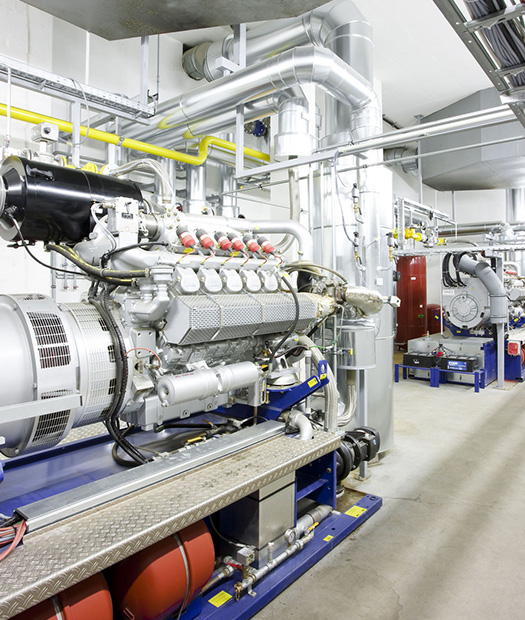


The Combined Heat & Power Conference, organised in partnership with Gas Networks Ireland, took place on Thursday 5th March 2020 at the Gibson Hotel, Dublin.
Over 200 delegates came together to discuss how CHP can benefit their organisation and the potential cost and environmental savings CHP can deliver. The agenda also included practical case studies from real life projects in both the public and private sectors and delegates also had the opportunity to meet with suppliers and consultants who advised on suitable solutions for their organisation.
A massive thank you to all the speakers who made the event a huge success and to all our delegates who attended.